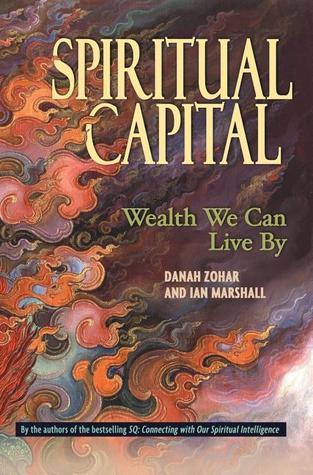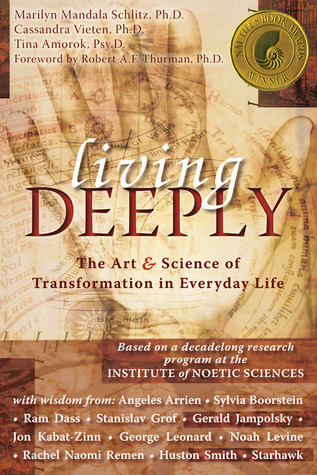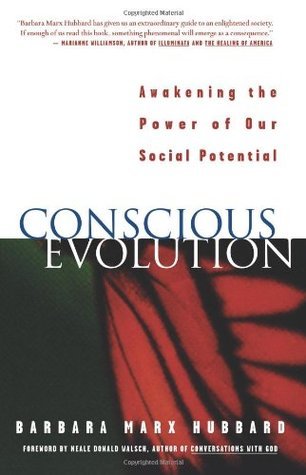
Spiritual Capital: Wealth We Can Live By
Book Description
Unlock the hidden wealth within! In "Spiritual Capital: Wealth We Can Live By," Danah Zohar takes you on a transformative journey that challenges the very foundation of materialism. Discover how true riches lie not in bank accounts but in the depth of our connections, purpose, and consciousness. Unravel the secrets of a thriving society where compassion and creativity drive success, and witness the emergence of a new economic paradigm. Can the power of spiritual wealth redefine what it means to be successful in a world obsessed with material gain?
Quick Book Summary
"Spiritual Capital: Wealth We Can Live By" by Danah Zohar explores the concept of spiritual capital as an essential form of wealth that transcends conventional economic measures. Zohar argues that society’s fixation on material gains is unsustainable and unfulfilling, while true prosperity comes from cultivating values such as purpose, compassion, and interconnectedness. Drawing from quantum physics, philosophy, and organizational theory, she presents spiritual intelligence (SQ) as the foundation for this new kind of capital. Zohar outlines how individuals, organizations, and societies can shift toward operating with greater meaning, ethical awareness, and creativity, ultimately redefining success. The book serves as a call to action for a more compassionate and sustainable economic paradigm where inner growth and social responsibility yield enduring value.
Summary of Key Ideas
Table of Contents
The Nature of Spiritual Capital
Danah Zohar introduces the concept of spiritual capital as a vital, yet often overlooked, form of wealth. She describes spiritual capital as the capacity to find deeper meaning, interconnectedness, and purpose in life—traits that strengthen individuals and societies. Arguing that materialism alone leads to emptiness and societal dysfunction, she advocates for a more holistic approach to well-being, rooted in values and inner development. Spiritual capital complements social and emotional capital, offering the set of resources generated when people act with integrity and higher purpose.
Spiritual Intelligence (SQ) as a Leadership Skill
A central thesis of the book is the importance of spiritual intelligence (SQ), which Zohar defines as the ability to access deeper meanings, values, and fundamental truths. Leaders with high SQ demonstrate empathy, ethical insight, and adaptability, fostering trust and transformative cultures. Zohar proposes that SQ surpasses mere IQ or EQ as the driving force for ethical and visionary leadership. Organizations that cultivate SQ in their practices see benefits not only in morale and creativity but also in sustainable business success.
Redefining Success Beyond Material Wealth
Zohar challenges the prevailing notion that success is measured primarily by financial achievement. She critiques the limits of GDP and profit-centric models, suggesting alternative metrics that reflect human flourishing and ecological health. By redefining success to include spiritual capital—meaningful work, collaborative relationships, conscious stewardship—she asserts that societies can become more resilient and fulfilled. This paradigm shift requires embracing both material security and the nourishment of collective spirit.
Integrating Values and Purpose in Organizations
The book delves into practical strategies for embedding spiritual capital in organizational life. Zohar recommends aligning mission statements and daily practices with core values, fostering transparent communication, and encouraging a culture of learning and compassion. She offers case studies of businesses and leaders who have successfully integrated purpose and values, thereby gaining competitive advantages while positively impacting their communities. The approach extends to education, governance, and civil society.
Societal Transformation Through Spiritual Wealth
Ultimately, Zohar contends that building societies around spiritual capital is essential for global sustainability and cohesion. Facing climate change, inequality, and rising alienation, she argues that a spiritual lens can catalyze healing and systemic transformation. By nurturing spiritual wealth—grounded in empathy, creativity, and vision—humanity can transcend shallow materialism and unlock a richer, more enduring form of prosperity for all.
Download This Summary
Get a free PDF of this summary instantly — no email required.





